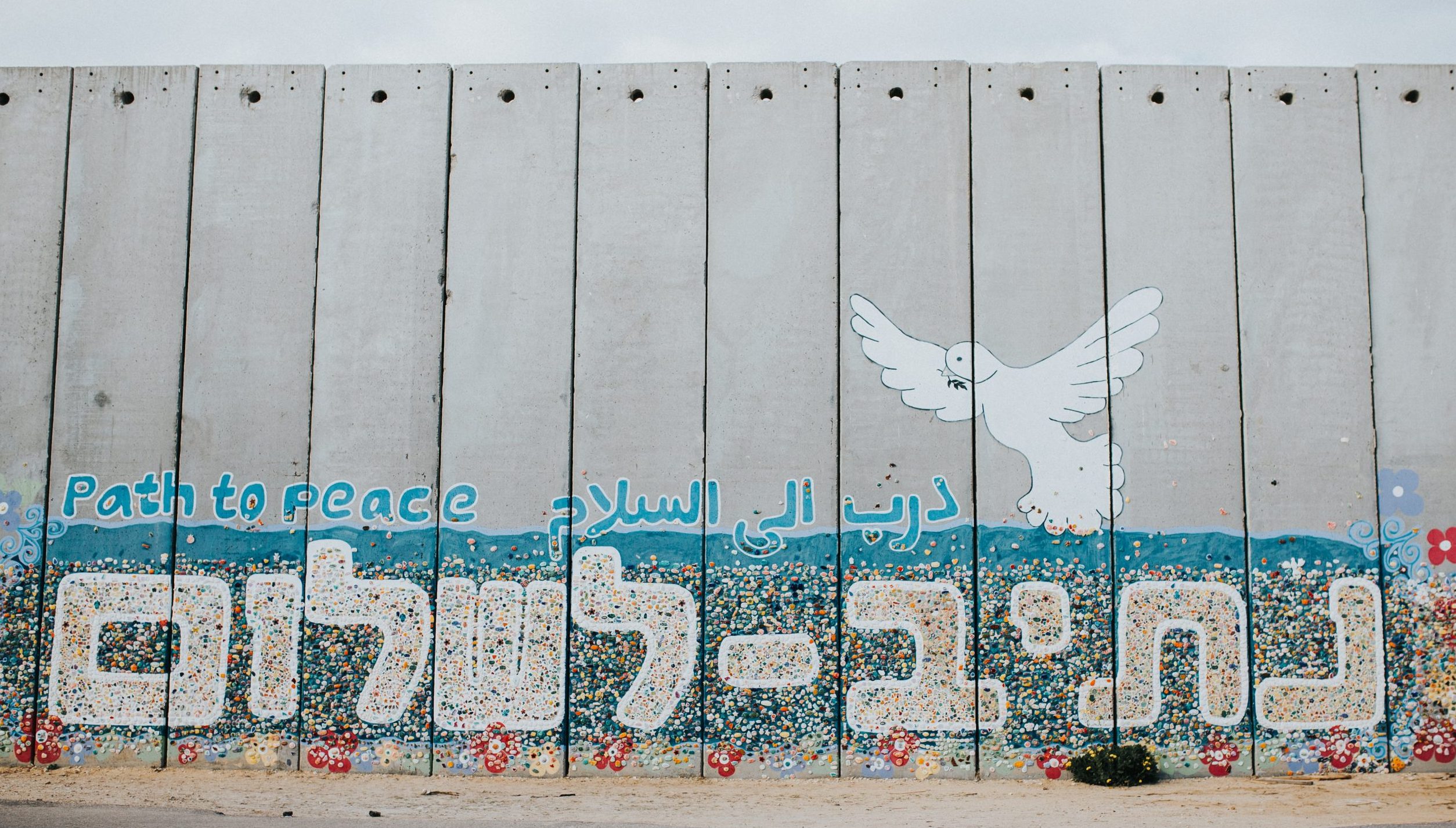Israel has emerged as the greatest success story in regard to the Covid-19 vaccinations, with 88.8% of its population now having received their first dose. The state’s highly efficient rollout programme has received praise as the rest of the globe scrambles to catch up in this race.
Israel’s success stands in stark contrast to the struggle of their Palestinian neighbours. As Israel begins to see the effects of the vaccine come into place, with lockdown measures being eased, Palestine is only beginning to deliver the first of their vaccines to key workers, with the first doses given on February 2. No data is yet available for the number of Palestinians that have actually received their first dose. The huge difference in the situations of these two states has further exposed the disparity and the overarching power dynamics between them.
Israel has referred to the Oslo Accords, a set of two agreements signed in 1993 and 1995 by the government of Israel and the Palestinian Liberation Organization, to justify their lack of intervention, asserting that the Palestinian Authority holds the responsibility for the healthcare of Palestinians. Whilst the Accords concur that the Palestinian Authority assumes responsibility for routine vaccinations such as polio, and has provided this, the Oslo Accords were originally intended as an interim arrangement looking at a time frame of five years, not a permanent one. The Accords were signed to mark the transition to an end of occupation, allowing Palestine autonomy and empowerment with the ultimate aim being a step toward a stronger and better-equipped form of government. Yet, 26 years later, the majority of these promises have not been fulfilled. Israel still occupies Palestinian territories, limiting Palestinian existence, controlling all movement in and out of these areas and even access to water, often using military force.
The limits to travel leave the Palestinian citizens completely dependent on the Israeli government’s approval. These restrictions remain in place for any form of travel, even extending to travel for medical reasons, with Palestinians having to apply for medical permits to access the advanced care that Israel is equipped to offer. The limits on travel do not only affect individuals but also goods. Israel monitors all imports and exports, meaning that any medical resources, including vaccines, will have to be allowed into these areas by Israel before they are in the hands of the Palestinian Authority. The Accords that originally inspired hope for improved infrastructure, social welfare and much more for the Palestinians have ultimately led to Israel maintaining even more significant control over Palestinian existence.
To use the Accords to justify a lack of intervention is more than questionable, considering the many previous and ongoing open violations of the agreement by Israel, not only including those already mentioned but also the illegal Israeli settlers in occupied Palestinian territories. This goes against the spirit of the Oslo Accords, and also, referring to Article 49 of the Fourth Geneva Convention, breaks international law. This is particularly controversial when considered in the context of vaccines’ distribution. It becomes clear that Israel is simultaneously ignoring the Palestinians living under its occupation and vaccinating the Israeli citizens that are illegally inhabiting the same areas.
Regardless of the Oslo Accords, Israel is responsible for the care of its occupied population. The Fourth Geneva Convention supersedes the Oslo Accords and ensures that the Palestinians remain under its protections. Israel is widely recognised as the occupying force in these Palestinian territories, meaning they are legally obliged to adhere to Article 55 of Geneva which asserts that it is the responsibility of any government that holds occupation of a foreign territory to ensure the provision of healthcare to the population of affected areas.
It remains to be seen whether Israel will take significant action and expand its clearly highly efficient vaccination programme to include all those living under its authority. This appears unlikely, after the decision to provide 5,000 vaccines has not yet been followed through. The responsibility rests on governments around the world to push for the protection – both epidemiological and political – of this persecuted population.
2nd year Comparative Literature student at KCL






Well I kinda get why Israel doesn’t wanna help a country led by terrorists that uses children as meatshields. And let’s not forget Israel is blessed with rocket attacks launched from the Gaza strip on a yearly basis, so them not being the first to help Palestine aid makes sense to me. You really need to do some more research. Read about the Peel commission, Palestine is not as persecuted as you think. Good luck!
And also read about the Bloudan conference